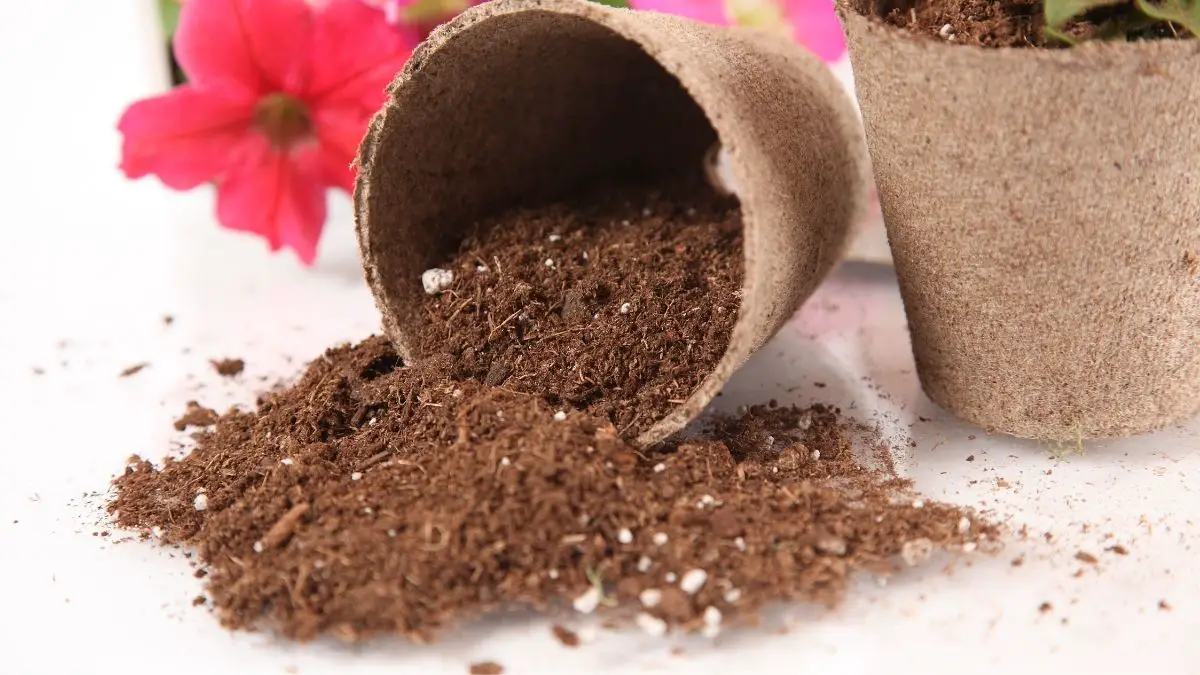Can You Compost Moss? | Surprising Things You Can Compost
I hate waste in all of its form! That includes the stuff I find around my backyard – leaves, branches, bird feathers. Throwing it in the trash seems such a waste, but sometimes I fear adding these things to my compost!
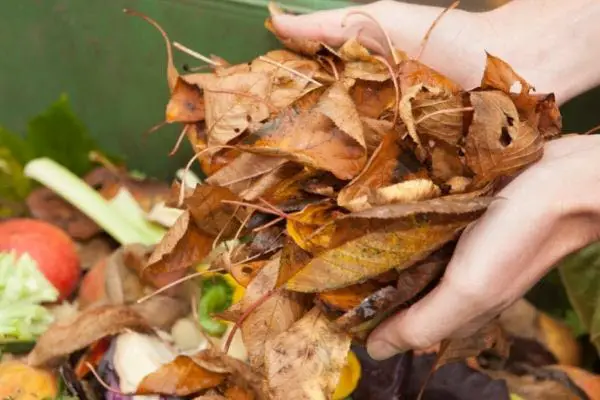
The good news is plant debris makes excellent compost, and there’s often no better place to find these materials than our own backyards. Hurray!
Yet it’s not always clear what natural materials can be composted and which ones are best left alone. Moss is a perfect confusing example.
Can you compost moss? Or will it do more harm to your compost pile than good? These are some of the questions that often hurt my brain! So, after reading different things, here are my conclusions! Spoiler: it is pretty much all good news!
In a nutshell, moss can be composted just like any other plant matter. Just be sure to avoid adding too much or too little new green matter to your heap at one time.
What Is Moss?
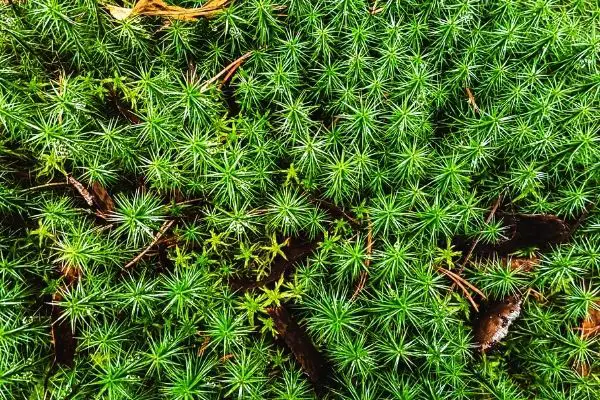
Judging by appearance alone, you might be unsure where moss fits into the natural world.
Many people believe mosses are a type of fungus. That’s incorrect. Mosses are actually a unique category of plants.
When we see moss growing in the wild or our gardens, we’re not seeing a single organism. Moss grows in colonies made up of several plants — often thousands — clumped closely together.
Moss does not have true roots that penetrate the soil. This is why it’s so prevalent in shaded, moist areas.
It does, however, produce non-vascular “leaves.” These leaves can be as thin as a single cell and are what give moss its characteristic green, carpet-like appearance.
Moss also does not produce flowers or seeds. Instead, it reproduces via spores and offshoots that are clones of the original plant.
While not closely related, mosses reproduce very similarly to ferns.
Can Moss Be Composted?
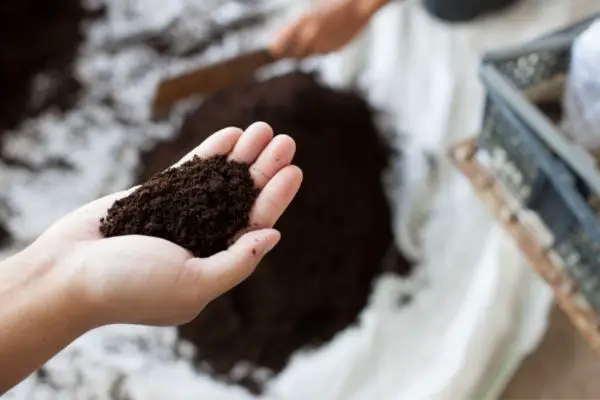
Yes!
Moss (living or dead) is composed of organic matter just like any other plant. It will naturally decompose on its own but can also be added to a compost heap.
How Do You Add Moss To A Compost Pile?
Efficient composting requires a balance of green and brown material for the best results.
Green material is fresh plant matter.
Brown material is dead or even partially decomposed plant matter.
For example, you can add living moss to your compost piles in place of freshly cut grass or lettuce leaves. Or you can substitute dead moss for dry leaf matter or twigs.
In short, treat moss as you would any other plant matter in your compost pile.
Can Moss Survive In Compost?
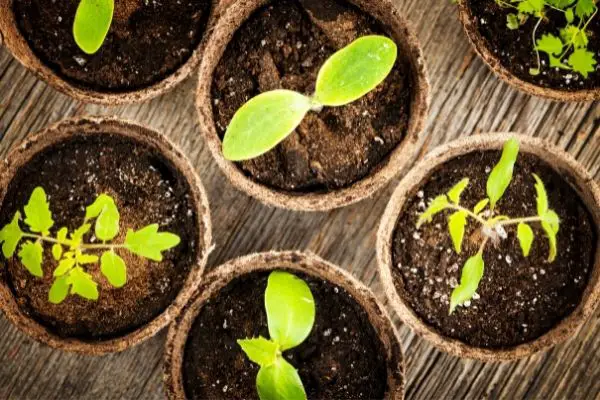
One concern some home gardeners have is whether or not adding fresh moss to their compost pile will mean “contaminating” the entire heap with the plant and its spores.
In theory, moss could survive in compost and spread to areas where the compost is applied. But this is extremely unlikely.
Moss thrives in conditions with minimal organic matter. Your compost heap is the exact opposite.
Even if some moss does survive the journey through your compost pile, it won’t cause any harm to the decomposition process or future use.
Frequently Asked Questions
What is the best way to remove moss?
If you wish to remove a patch of moss from your lawn or garden, there are many methods available.
Living moss can be removed from the soil’s surface with a hand trowel or other tool. However, there’s always a chance some moss will be left behind and regrow.
One of the simplest options is to expose the moss to bright, prolonged sunlight. This will dry out the moss, which can then be scraped up and easily added to your compost pile.
Beware of using DIY removal methods like baking soda before composting moss. Many household products will hinder the natural decomposition process and harm your compost pile.
Can you use moss as mulch?
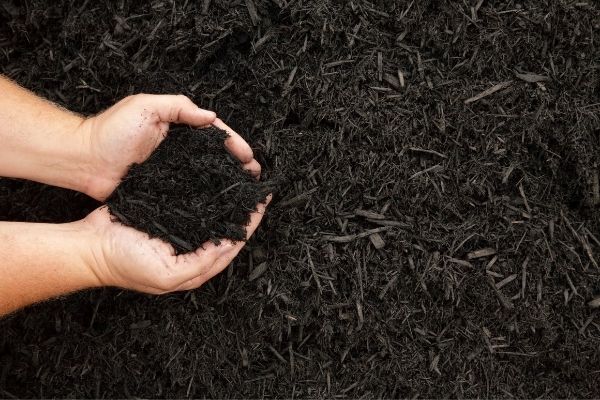
Yes, moss is an excellent alternative to wood mulch. According to Modern Farmer, it provides erosion control, retains moisture, and even prevents weed growth.
Of course, moss isn’t perfect for every scenario.
Cultivating moss in a sunny garden bed can be a challenge (if not impossible). Many common moss species prefer conditions that aren’t ideal for other plants, such as highly acidic or compacted clay soil.
What is peat moss?
Peat moss is frequently added to garden soil to improve drainage and aeration.
Despite the name, peat moss is not technically a species of moss.
Peat moss is partially decomposed organic matter that has been breaking down for centuries (or even longer). It is collected from peat bogs and dried before being sold to gardeners and other consumers.
While peat moss is made up of many different organic materials, it does contain a large amount of sphagnum moss. By the time it has been converted into peat moss, though, these plants are long dead.

